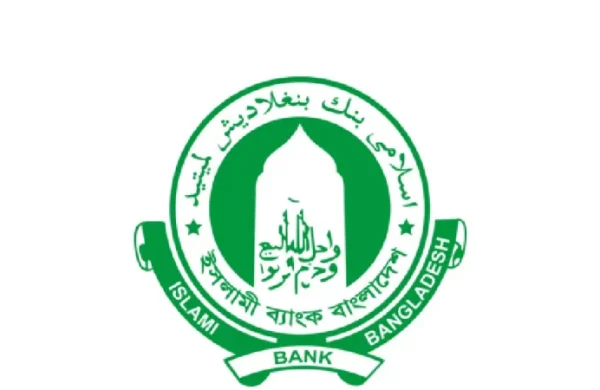NPL crisis chokes private credit growth, endangers Bangladesh’s economic recovery: Experts
- Update Time : Monday, May 19, 2025

Staff Correspondent:
Bangladesh’s banking sector is facing mounting challenges due to a substantial volume of non-performing loans (NPLs), seriously affecting banks’ ability to extend new credit to investors.
According to the latest provisional data from Bangladesh Bank, private sector credit growth declined to 7.57 percent in March 2025, as many businesses struggle to access the loans they require from the banking system.
To gauge the true scale of the problem, the central bank has engaged both international and domestic audit firms to assess the actual asset values and loan defaults at several troubled banks.
“Once the assessments are complete, the real picture of defaulted and non-performing loans in the banking sector will emerge,” said an executive director of Bangladesh Bank, speaking on condition of anonymity.
He added that defaulted loans had already reached approximately 35 percent in the provisional findings as of March 2025.
This figure, he said, may rise to 40 percent upon the final assessment of the troubled banks’ asset quality.
The official explained that the sector is grappling with difficulties in recovering defaulted loans, with NPLs continuing to climb due to past disbursements made under political influence, often based on inflated asset valuations and forged documentation.
NPLs, or non-performing assets (NPAs), refer to loans where borrowers have stopped making agreed repayments, placing the banks at risk of not recovering the principal or interest.
Globally, including by institutions such as the World Bank and IMF, a loan is typically classified as non-performing after 90 days of non-payment.
In contrast, a defaulted loan refers to a borrower’s failure to meet their legal obligations under the loan agreement, a more severe stage than NPL status.
Dr Ahsan H Mansur that Bangladesh Bank has now adopted global standards in defining and declaring NPLs and defaulted loans.
“There is no longer any scope for avoiding a default classification just because one or two instalments have been paid in a year,” he said.
While acknowledging the possibility of a further rise in defaulted loans, he emphasised the importance of completing the asset assessments to facilitate reform of the banking system.
“Following full-scale reforms and stronger regulation, the banking sector will rest on a more stable foundation,” he added.
Bangladesh Bank data shows that the total outstanding loans in the banking sector stand at over Tk 21 lakh crore. Of this, net credit to the government sector amounts to Tk 4.54 lakh crore, or 16.32 percent. Public sector credit accounts for Tk 50,019 crore (5.26 percent), while loans to the private sector total Tk 17.19 lakh crore, representing 7.57 percent growth.
An analysis by the central bank revealed that 10 commercial banks held Tk 2.57 lakh crore in defaulted loans as of December 2024—nearly 75 percent of all NPLs in the banking sector.
Experts warn that this alarming concentration of bad loans signals major vulnerabilities in the financial system.
Of the NPLs, four state-owned banks held Tk 1,26,062 crore, while six private commercial banks accounted for Tk 1,31,797 crore by the end of December 2024.
Over the past year alone, defaulted loans in the sector rose by Tk 2 lakh crore, reaching Tk 3.45 lakh crore, an unprecedented increase.
Approximately 35 percent of total bank loans disbursed to the private sector—amounting to Tk 17.19 lakh crore—are now classified as non-performing, the highest rate in South Asia.
Experts attribute this sharp rise to the exposure of a massive stock of toxic loans that had previously been obscured through data manipulation during the Awami League’s tenure, which ended on 5 August 2024 following a mass uprising.
Dr Debapriya Bhattacharya, Distinguished Fellow at the Centre for Policy Dialogue, told UNB that the staggering amount of defaulted loans stems from years of data manipulation, entrenched corruption, and unchecked irregularities.
He warned that the surging NPLs present a severe threat to the country’s macroeconomic stability, likely driving up borrowing costs and further constraining banks’ lending capacity.
Dr M Masrur Reaz, public policy analyst and Chairman of Policy Exchange Bangladesh, said the country’s Purchasing Managers’ Index (PMI) is not growing at the desired pace, in part due to banks’ funds being trapped with large corporations.
He stressed the need for strengthening banks’ capacity to lend to the private sector to stimulate economic activity and employment.
“If this process is delayed, the path to economic recovery will become increasingly uncertain,” he cautioned.


















